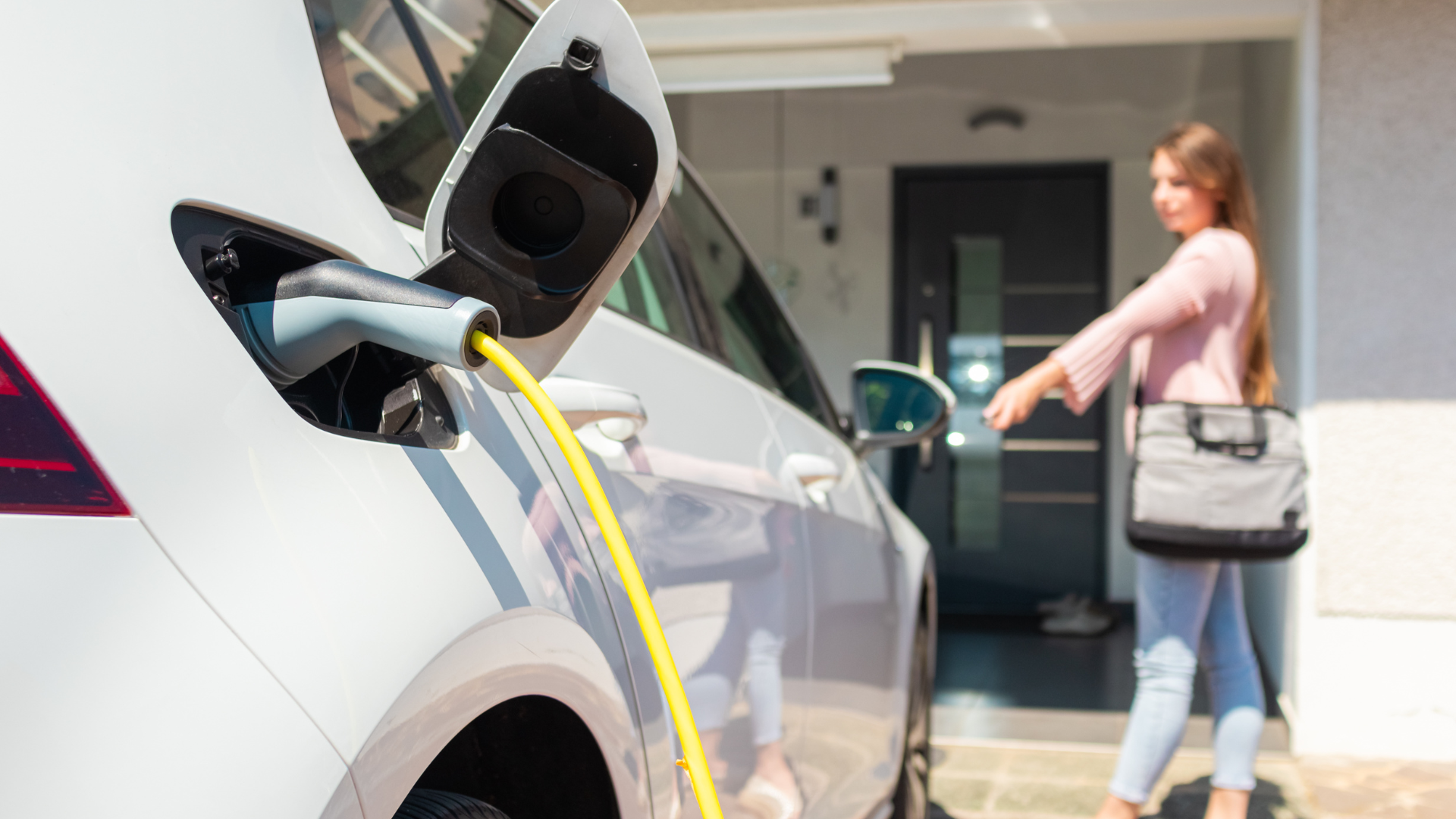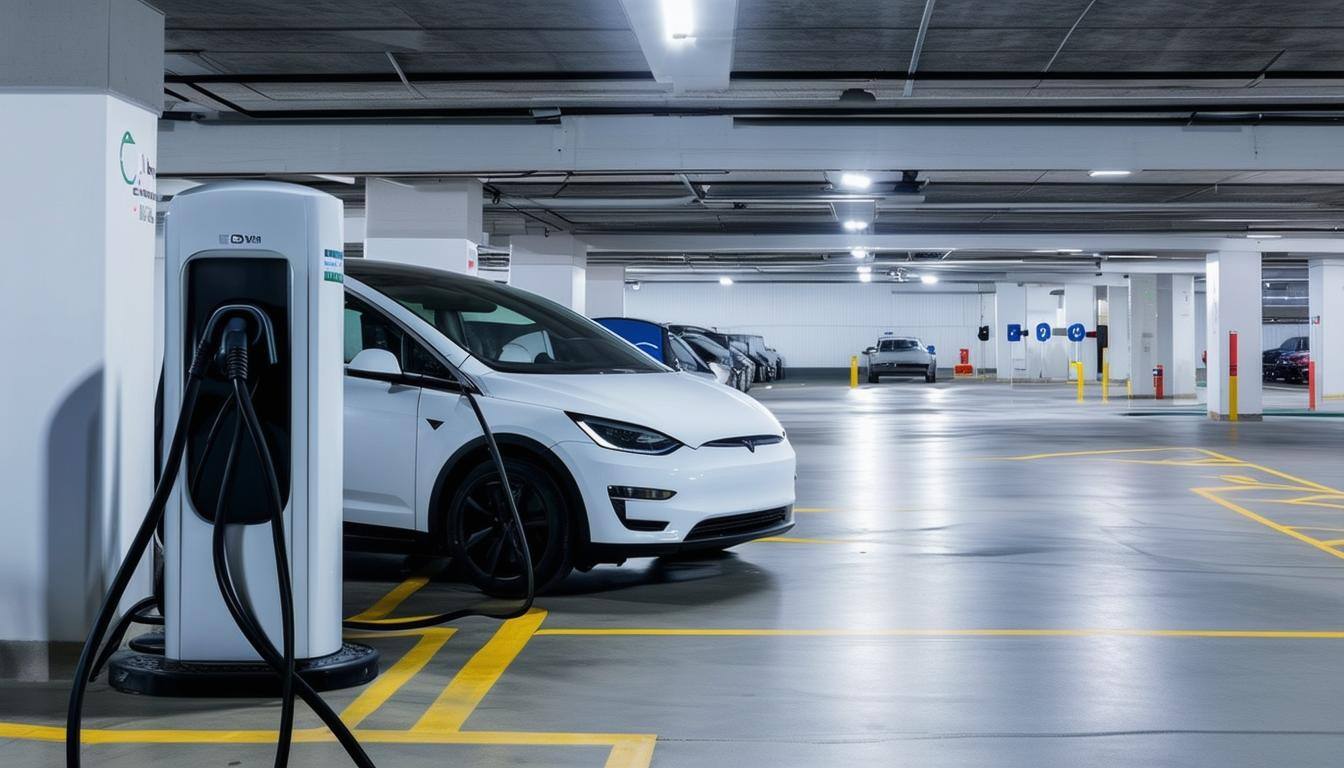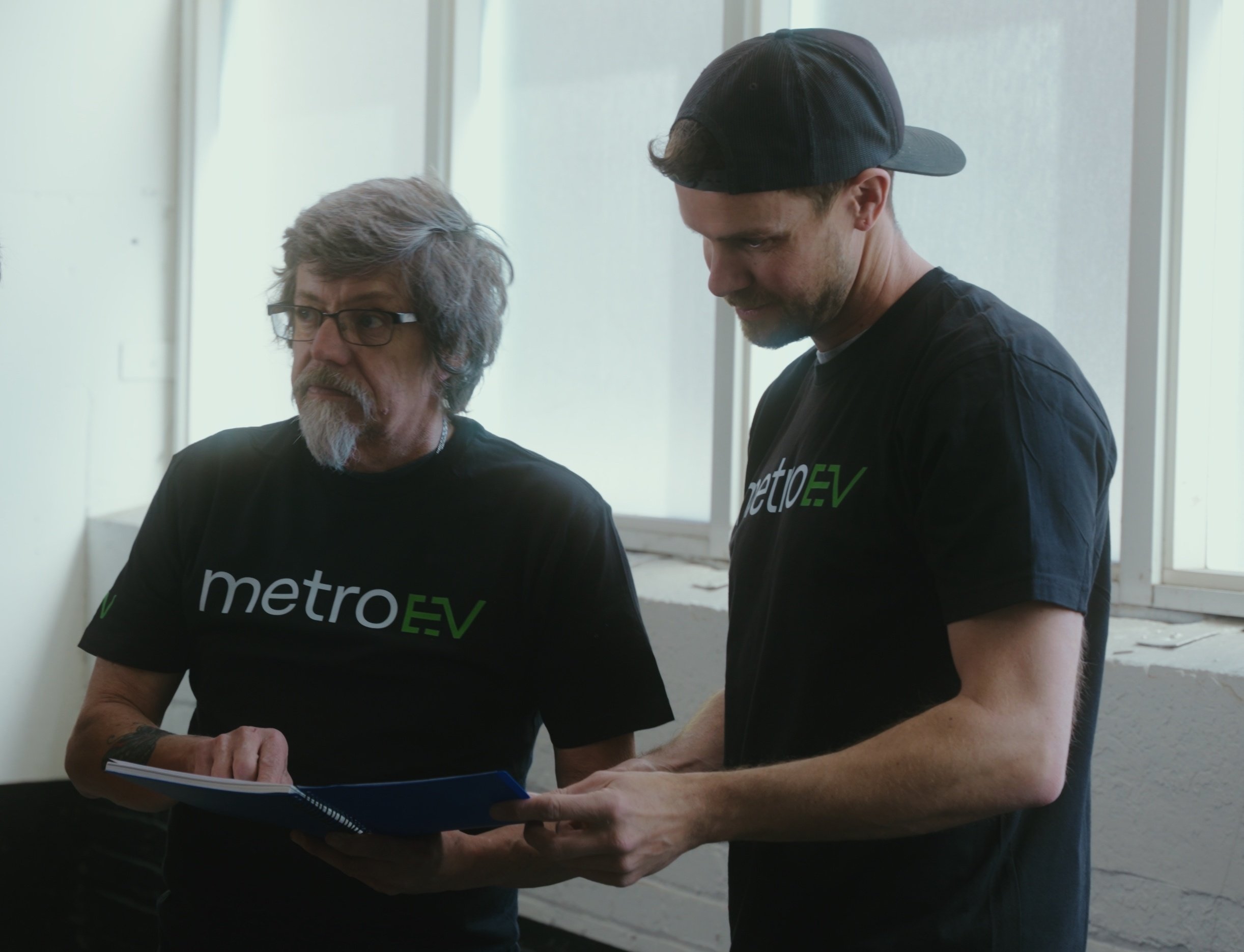Installing commercial EV charging stations is more than just a convenience; it's a strategic move that can attract customers, boost your business's reputation, and contribute to a cleaner future. But before you dive into a project like this, there are key factors to consider. Let's explore five crucial points that will guide you on your journey to becoming an EV-friendly business.
1. Location and Accessibility
Ensure that charging stations are prominently located in easily accessible areas, such as near parking lots or major roads. This visibility will make them convenient for drivers to locate and use. Additionally, consider the proximity of the charging stations to popular destinations like restaurants, shops, or entertainment venues. This strategic placement can attract customers who need to recharge their vehicles while enjoying these amenities.
To promote inclusivity, it's essential that charging stations are designed to comply with the Accessible Canada Act (ACA). This includes providing adequate space for wheelchair users, clear signage, and accessible controls. By prioritizing accessibility, you can ensure that your charging stations are welcoming to all drivers.
2. EV Charger Types and Quantity
When selecting charging stations, consider the specific needs of your target audience and the desired charging speed. While Level 1 chargers are outdated and not recommended, Level 2 chargers offer various options to cater to different requirements. Level 2 chargers come in different amperages, such as 32 amp, 40 amp, 48 amp, and 80 amp, corresponding to power outputs of 7.7 kW, 9.6 kW, 11.5 kW, and 19.2 kW, respectively. Higher power output translates to faster charging speeds.
However, it's crucial to note that most commercial electric vehicles on the market have an On-Board Charger (OBC) limited to 11.5 kW. This means that even if you install a higher-powered Level 2 charger, the vehicle's OBC will restrict the charging rate to 11.5 kW. Therefore, for optimal charging efficiency, selecting a Level 2 charger with a 48-amp capacity is generally sufficient for most commercial electric vehicles.
The Difference Between kW vs. kWh for EV Charging
Understanding Different EV Charger Types
3. EV Charger Costs
Before investing, carefully assess the costs of installing EV charging stations along with purchasing and maintaining them. Explore available government incentives or rebates that can help offset these expenses. Additionally, evaluate how charging stations can attract new customers and ultimately contribute to a positive return on investment.
How to Get ZEVIP Rebate Funding
4. Network and Management
When establishing EV charging stations, consider whether to join an existing charging network or operate independently. Network memberships can offer benefits like increased visibility and streamlined payment processing. However, it's crucial to prioritize the use of Open Charge Point Protocol (OCPP) standards. OCPP-compliant charging stations offer greater flexibility, allowing for seamless integration with various software providers and reducing the risk of vendor lock-in. This ensures long-term sustainability and adaptability to evolving industry trends. Regardless of your network choice, carefully plan for payment processing, maintenance, and customer support to ensure a smooth and efficient charging experience.
5. Scalable EV Charging Infrastructure
To future-proof your EV charging infrastructure, consider the potential for expansion as electric vehicle adoption grows. By utilizing advanced software solutions like metroEV, you can create scalable and modular installations without incurring significant additional electrical costs. Stay informed about the latest advancements in EV charging technologies and trends to ensure your installation remains competitive, efficient, and aligned with industry standards.
Invest in your EV future today!
By carefully considering these factors, you can make an informed decision about installing EV charging stations at your commercial property and contribute to a more sustainable and environmentally friendly future.
Contact metroEV to get an EV charging quote. Take the first step towards an electrified future with our team of experts today. Whether you are considering EV charging for multi-residential living, commercial, or retail spaces, we can help. metroEV is ready to tailor a solution that aligns with your unique EV charging goals ensuring a smooth transition.
Related:

AUTHOR
Shai Sinai
Shai is the Vice President of Sales at metroEV, specializing in electric vehicle charging station installations for multi-residential, commercial and public properties. With hands-on experience across the entire process—from site assessments and EV Ready planning to infrastructure design and installation—Shai brings deep industry knowledge and practical insight to every project.


-1.png)




